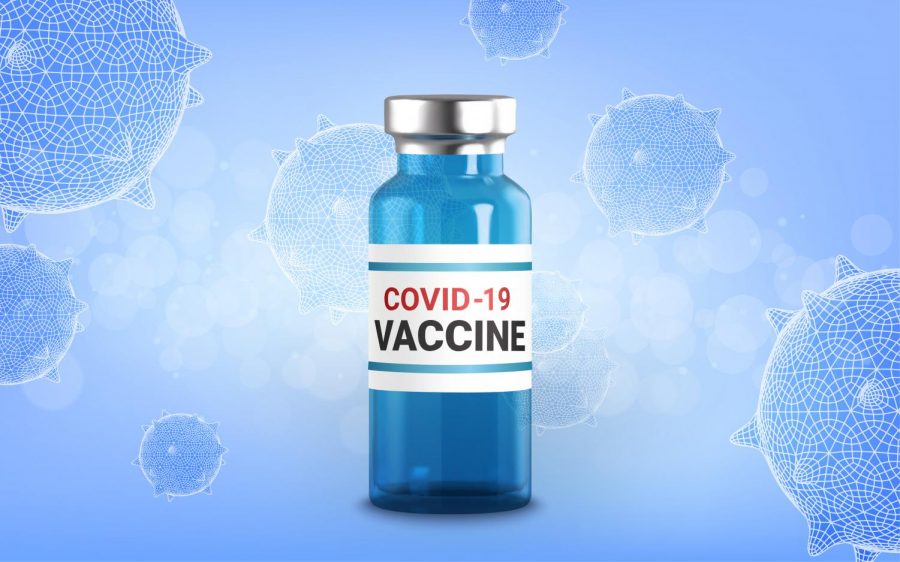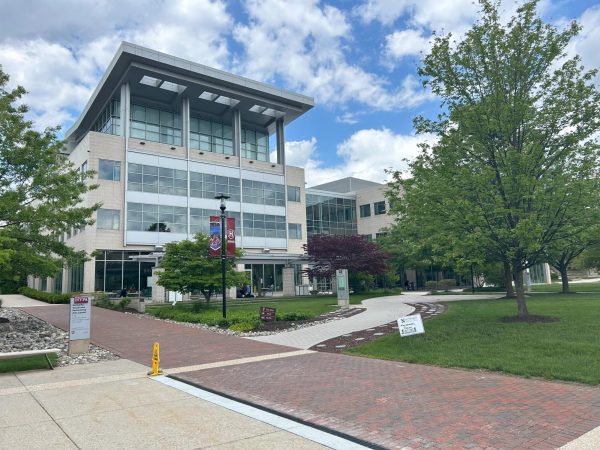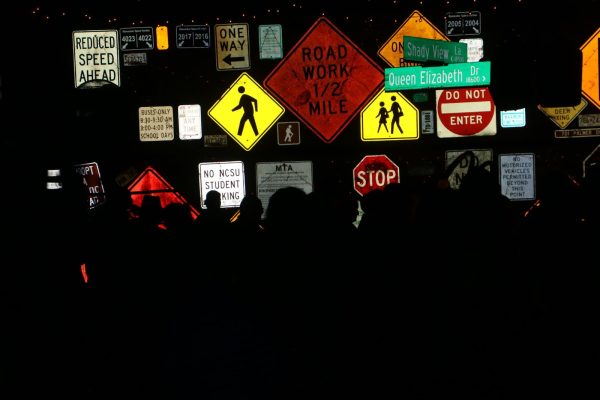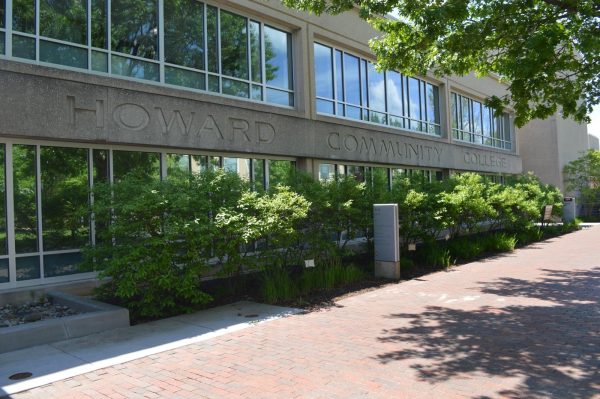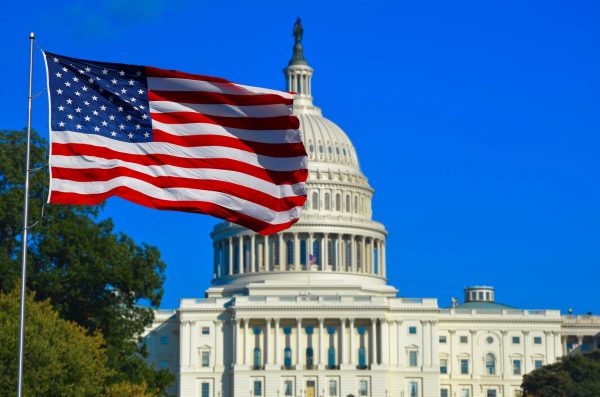How a COVID Vaccine will Impact 2021
A COVID-19 vaccine will likely be approved by the FDA in the coming days
As the end approaches of one of the longest, strangest, most drawn-out years ever (March alone felt like it was 3 months long), many have had questions about when this ordeal might, if ever, end. When the COVID-19 pandemic surfaced there was a lot to learn about the mysterious, novel virus that quietly crept in and turned lives upside-down. The pressure to learn everything as quickly as possible has been immense. All these months later, what still remains at the forefront of many minds is: “How exactly will this end?”
For centuries, from the time of Egyptian Pharaohs to early modern European explorers, a dangerous and poorly-understood pathogen often loomed in the periphery. This virus had no preference—everyone was at the mercy of the virtually invisible infectious agents.
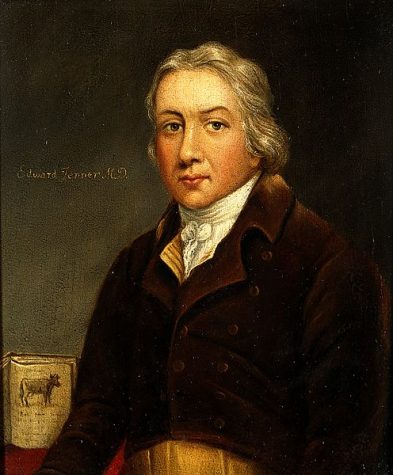
It wasn’t until one small English countryside doctor (with the help of some ill-fated cows and a brave young boy), offered a respite. The year was 1796, and thanks to Dr. Edward Jenner, history’s first vaccine came to be. It was not a cure, but a preventative measure—one that would stop smallpox in its tracks while laying the groundwork for the future of modern medicine.
Fast forward to today—as a new pandemic has taken the world hostage, people are keenly aware of the immense strides the medical field has made in the many decades since Jenner’s crucial innovations.
What does this mean for the current situation? Typically, vaccines take anywhere from years to decades to be developed. With the coronavirus, however, things have had to move much faster. Now, a vaccine will hopefully become available not in years, but likely in mere weeks or months following FDA approval. For many, this thought is a huge relief, as the coronavirus shows little sign of easing up. For others, the quick emergence of a vaccine is a cause for confusion and concern.
Because of the extensive steps involved in the creation of a vaccination, the process drags on, just as the disease continues to progress along its own virulent timeline– and winter quickly approaches. It’s a high stakes race with human lives (and, perhaps, way of life) on the line. Because of these stakes, the government was able to create an initiative called Operation Warp Speed. Using this initiative, sources could join together and collaborate, which has allowed for tremendous progress to be made.
According to Dr. Paul Offit, a member of the FDA’s vaccine advisory committee, and many other professionals, the fact that this was all able to happen so quickly is remarkable. Dr. Offit, who extensively reviews and interprets the vaccination research data explained why he feels so confident on the “Z-Dogg MD Show” podcast.
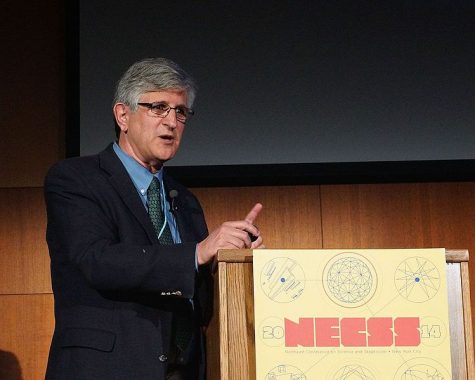
The type of vaccine utilized for this virus is called an mRNA vaccine, and the science is revolutionary. An incredibly arduous, regimented process is necessary, as this new vaccine will be held to the same standards as any other vaccine. Once learning the SARS-CoV-2 virus’ genetic sequence, it involves the use of incredible and new medical technology to create the vaccine, push through “phase 3” trials, and observe for any serious side effects (which usually would occur within 6 weeks of injection if they did). The new mRNA vaccines were found to be 90-95% effective in preventing disease, and will safely help us reach a stable herd immunity quicker, Dr. Offit explained.
However, despite the confidence of scientists, Maddy Maroulis, an HCC nursing student, is slightly wary. She believes that having a vaccine “within one year of the first case is extreme.” Maddy says she may consider getting the vaccine in the future when more time has passed and more information is known.
While the newly created vaccinations remain investigational, they can (per FDA approval) still become available to be used very soon with emergency regulatory protocols. The downside is that during these periods, quantities are severely limited, leading to much debate on how the vaccines will roll-out and who will get them first.
The UK officially just began distribution, giving a glimpse of how it may look in the US very soon. Many are wondering if and when they will be able to get a vaccine, and it seems it could be anywhere from late December to next summer, or later. There will be a four-phase roll-out, with high-risk individuals and frontline health workers likely to be in the first phase. The vaccination will then (if all goes according to plan) eventually become available to all, and will not be mandated.
To learn more, please visit the following website for up-to-date, accurate information:

As a staff writer for two years, Heather dedicated herself to learning and growing as a writer here at The HCC Times. She previously graduated from Ohio...


